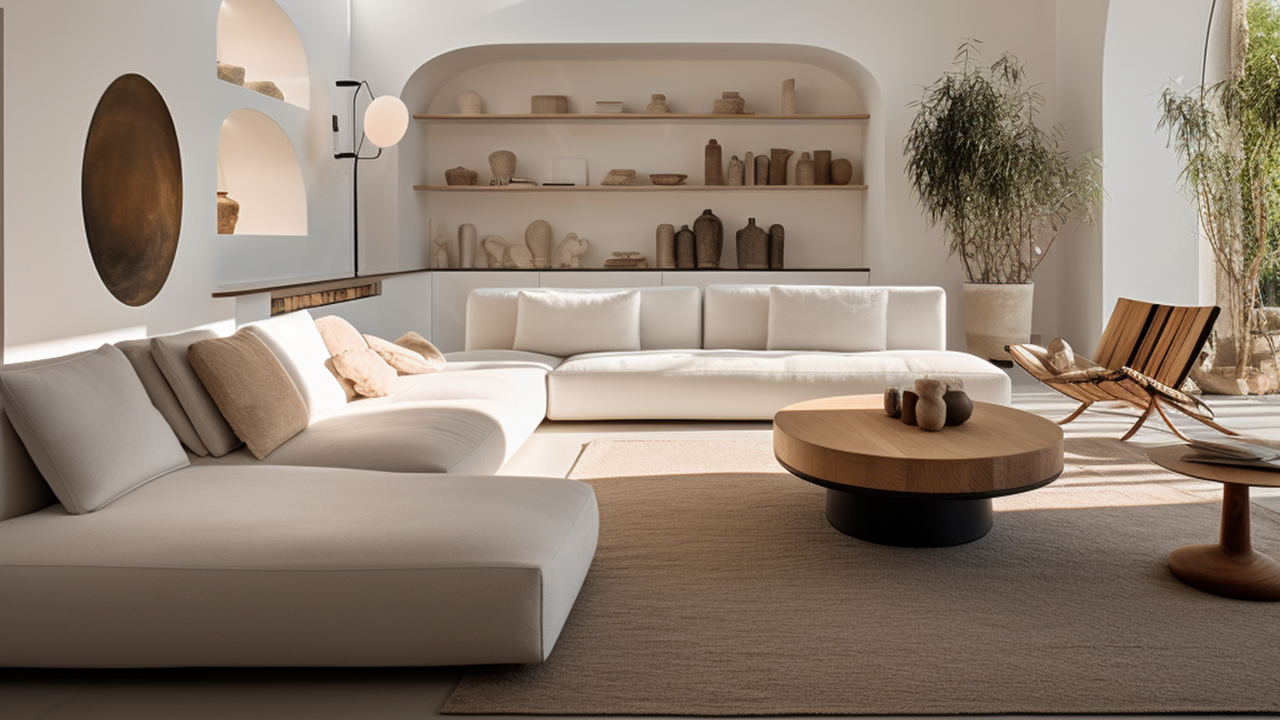Exploring the Long-Term Influence of Minimalism on Mental and Emotional Health
Exploring the Long-Term Influence of Minimalism on Mental and Emotional Health
Blog Article
Comprehending Minimalism: Methods for Decreasing Clutter and Enhancing Clarity in Everyday Living
Minimalism is increasingly identified as a feasible strategy to boosting quality and emphasis in today's messy globe. By methodically assessing our possessions and prioritizing intentionality, we can develop rooms that not just reflect our values but also promote mental wellness. Employing techniques such as the "Four-Box" technique can assist in a more organized environment, yet the real difficulty hinges on growing a minimalist state of mind that maintains these initiatives. Exploring the nuances of this approach may expose unusual insights into exactly how you can transform your life. When you accept this deliberate simplicity?, what might you find.
Defining Minimalism and Its Benefits
Defining minimalism involves understanding it as a way of living selection that stresses simpleness and intentionality in both physical possessions and day-to-day regimens. At its core, minimalism motivates people to prioritize what really matters, allowing for a more meaningful and focused existence. By removing away the non-essential, minimalism welcomes people to involve deeply with their experiences and surroundings.
It fosters mental clarity, as lowering clutter in one's atmosphere can lead to decreased disturbances and tension. Minimalism promotes economic liberty; by focusing on needs over wants, people can make even more enlightened investing in choices, leading to possible financial savings and decreased financial obligation.
Eventually, minimalism is not just concerning worldly reduction however includes an all natural change in viewpoint, cultivating a life defined by satisfaction, purpose, and equilibrium. Embracing this way of life can cause profound changes in exactly how individuals communicate and regard with the globe around them.
Assessing Your Present Mess
Mess typically manifests as a frustrating buildup of products that no longer serve a function, creating an obstacle to attaining a minimal way of life. Take note of details categories of products, such as clothing, publications, or kitchenware, as this will certainly aid you understand the scope of the mess.

Furthermore, think about the frequency of usage for each item. Eventually, understanding your existing clutter is an essential action towards embracing minimalism and improving clearness in your everyday living.

Practical Decluttering Techniques
Having assessed your present mess, the next step is to apply useful decluttering strategies that promote an even more arranged living space. Minimalism. One effective technique is the "Four-Box" technique, where you mark 4 boxes identified: maintain, donate, trash, and relocate. This method motivates fast decision-making and makes certain items are categorized appropriately
An additional approach is the "One in, One out" rule, which stipulates that for each brand-new item acquired, an existing item should be eliminated. This concept helps preserve balance and stops build-up with time. Additionally, take into consideration the "30-Day Minimalism Video Game," where you eliminate one item on the initial day, two on the 2nd, and so forth, cumulatively fostering a sense of achievement.
For those who fight with psychological add-ons to properties, the "Nostalgic Value" strategy can be beneficial. Limitation on your own to a particular number of treasured products, enabling you to appreciate their importance without overwhelming your area. Finally, develop a regular decluttering schedule, whether monthly or seasonally, to maintain a clutter-free atmosphere. By employing these techniques, you can produce a more reliable and serene home, ultimately boosting clearness in your everyday life.
Developing Intentional Spaces
Producing intentional rooms includes a thoughtful technique to just how we style and organize our settings, guaranteeing each location offers a details function and mirrors our values. This technique is necessary in cultivating a feeling of clarity and function in our everyday lives. By critically analyzing the function of each room, we can get rid of interruptions and enhance our overall well-being.
To create deliberate spaces, start by recognizing the key tasks that will occur in each area. For example, an office ought to be created to foster performance, including elements such as appropriate illumination, comfortable furniture, and marginal diversions. In contrast, a relaxation location must promote serenity, including soothing colors and comfortable seats.
In addition, take into consideration the psychological influence of your surroundings (Minimalism). Incorporating individual items that reverberate with your values, such as art work or plants, can improve the link to your room. On a regular basis assess these atmospheres to ensure they remain to serve their desired function as your needs progress
Inevitably, developing deliberate rooms is about making mindful selections that align with your way of living, promoting harmony and effectiveness in your living and workplace.
Maintaining a Minimalist Frame Of Mind
Accepting a minimal mindset calls for ongoing representation and intentionality in our these details activities and thoughts. Set aside time to assess your dedications, belongings, and also digital content, ensuring they line up with your core concepts.
Another secret method is to practice gratefulness. Acknowledging what you currently have fosters contentment and minimizes the desire for unwanted. This change in perspective encourages recognition for simplicity, boosting general well-being. Incorporating mindfulness strategies, such as meditation or journaling, can additionally enhance a minimalist attitude by promoting clarity and decreasing psychological mess.
Additionally, develop borders to protect your energy and time. Discover to state no to non-essential obligations and diversions that do not add to your personal growth. Border yourself with similar people who support your minimalist journey, as shared values can boost motivation and liability.
Final Thought
In conclusion, embracing minimalism offers significant advantages, including minimized mess and boosted quality in everyday life. The concepts of minimalism offer as valuable tools for growing a setting that supports personal development and wellness.

In addition, consider the "30-Day Minimalism Game," where you eliminate one thing on the very first find out day, two on the second, and so forth, cumulatively promoting a sense of achievement.
In conclusion, embracing minimalism offers significant benefits, including reduced clutter and enhanced clarity in everyday life.
Report this page